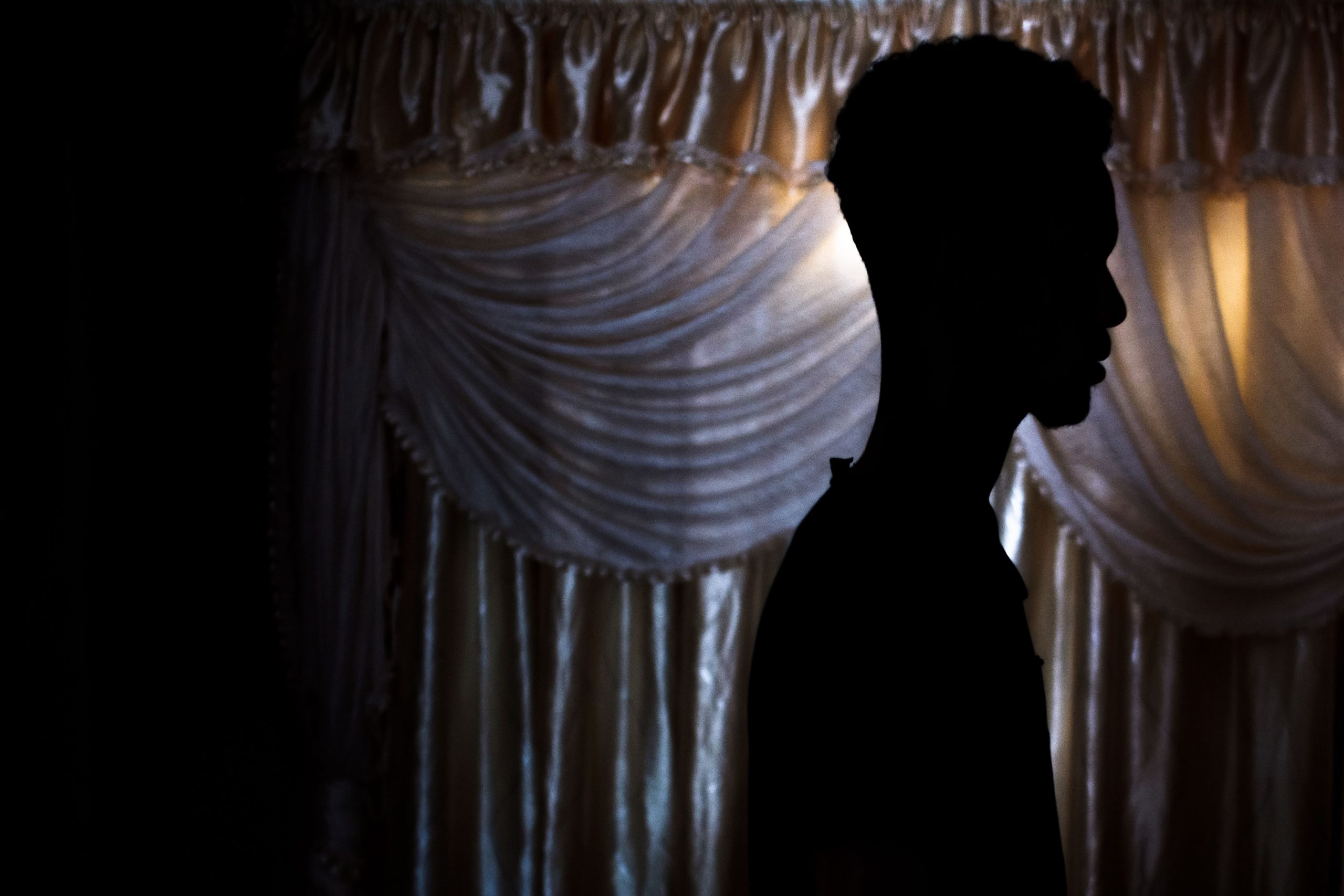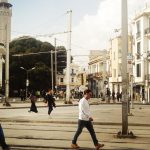Violence follows gay asylum seeker
Despite South Africa’s progressive and protective Constitution, some gay asylum seekers feel no safer here than in the countries from which they are fleeing.
Author:
6 January 2020

Sitting on the floor with his boyfriend seated on the bed behind him, Ishmael and his partner are startled by the slightest sound of movement outside their door. Ishmael, 25, lives in fear, sharing this tiny room with his boyfriend and a friend of theirs.
“I came to this country full of hope, but now…” he trailed off.
Ishmael, like his partner Omar and their friend Adam, came to South Africa to seek asylum after being persecuted in Somalia because of their sexual orientation. When Ishmael’s father discovered that he was gay, he wanted to kill him. In his father’s eyes, Ishmael brought dishonour to the family and the only way to restore it would be to kill him.
Related article:
He was forced to flee, but the spectre of his father’s desire to kill him hangs over Ishmael – from his small home town south of Mogadishu, to Kenya and now South Africa. Wherever he travelled to seek safety, his father managed to track him down and enlist mobs of Somali immigrants to attack him.
Ishmael estimates that other Somalis have beaten him up more than 20 times since he left Somalia, with each beating increasingly violent and sadistic. In one of the most vicious attacks Ishmael has experienced, a mob of Somali immigrants in Cape Town attacked him and stomped on his testicles. He needed surgery to repair the damage.
“You come full of hope. You think you are safe, you think you are free, and then this happens,” Ishmael said. “I don’t know what’s going to happen when I step outside of my house. I don’t even know what’s going to happen with me if I stay inside the house. Will they come here?”
The softest of targets
“They know me. I don’t know how they know me, but they know me. I never stayed with them, but they have my full name, they have my picture. I don’t know how this happened, but they know me,” he said, describing how the violence always seems to find him no matter where he flees.
Ishmael said it is difficult having to look over his shoulder constantly, but he is grateful to have some form of community around him in the form of his partner and Adam. “It’s good for me. Before I met [Omar], I never had a place to call home, to go to rest, to stay. Now I have my two shoulders [to lean on],” he said.
“I have my partner here and he loves me the way I am and he cares about me. And same about my friend. I feel a big relief. I believe if I did not meet with them on time, I would not be alive today. I would already kill myself if they weren’t here. It is a big relief,” he said.
Omar added: “Foreigners are always soft targets. But when you are a foreigner who is gay, you are the softest of soft targets.”

“You know, constitutionally, here it is legal to be gay … But you can see there is no such thing as a Somali gay community. That is why we stick together. You have to recognise that they will attack you just because you are gay,” Omar said.
Melanie Nathan, the executive director of the African Human Rights Coalition, which monitors LGBTQIA+ rights in Africa, said the coalition was particularly concerned about the treatment of LGBTQIA+ asylum seekers on the continent.
Despite South Africa being one of the most progressive and safest countries in Africa for LGBTQIA+ asylum seekers, it still fails “miserably” in upholding their rights, she said.
Ostracised and hounded
“There are few options for LGBTQIA+ asylum seekers other than to follow the process provided to all foreigners, which is fraught with inadequacy,” said Nathan. “Coming from extreme marginalisation, refugees can hardly survive, least of all protest the problems without aid from local South Africans. Extreme and often violent xenophobia serves to block this possibility.”
“LGBTQIA+ asylum seekers and refugees must be afforded extra protections, beyond the basics, because they are ostracised by the heterosexual refugee populations from their own countries,” Nathan said.
She added that asylum seekers such as Ishmael, Omar and Adam carry a “much greater” burden than other refugees and asylum seekers because the “very homophobia that they escape follows them into countries where they seek exile and protection”.
Related article:
“On paper, so to speak, South Africa is way ahead of the rest of the continent in that not only does it not criminalise LGBTQIA+ people but it provides an equality-based Constitution with strong laws to protect LGBTQIA+ people. Yet in reality, it is as bad for LGBTQIA+ refugees as the rest of the continent, because it fails to live according to its dicta,” she said.
Ishmael, his partner and their friend Adam all claimed to have been paraded around at the refugee reception office (RRO) and to have experienced the same level of homophobia and discrimination from officials as from everyday South Africans.
Same story
George Barasa, who fled to South Africa after coming out as gay and HIV positive on national television in his home country of Kenya, made the same claims. He told New Frame previously that he was paraded around at the RRO.
“They are actually exposing you to everybody. And sometimes they actually parade you [around] and they say this is a gay man from Kenya, he is applying for asylum because he is gay, who else is gay here? That’s what they do,” he said at the time. Barasa has since successfully been resettled to Canada after his asylum application and appeal were rejected.
Related article:
Department of Home Affairs spokesperson David Hlabane failed to respond to questions. He has previously dismissed allegations that LGBTQIA+ asylum seekers are paraded around the department’s RROs and humiliated in front of other asylum seekers.
“Given the need to ensure confidentiality, all adjudication interviews are conducted in private. However, if there is any evidence to the contrary, the department is willing to relook its processes and see where the gaps might still be,” he said.
“The LGBTQIA+ community of South Africa was invited by the department in the past to look into how they can assist in this area. That partnership did not take off as expected and the offer from the department still stands,” Hlabane claimed at the time.
Related article:
But Nathan found that the department had failed to uphold its mandate to protect LGBTQIA+ refugees and asylum seekers. “Given this sordid atmosphere, with the flagrant disregard for the humanitarian needs from within the office of home affairs itself, it is highly unlikely that an asylum seeker or refugee will actually receive protection from home affairs or the complicit South African police,” she said.
“The message is they are unwanted, and that carries through to every aspect of their existence in South Africa,” Nathan said. “I have yet to hear of one single case where the asylum seekers or refugee has received proper process and basic decent treatment.”
Despite these protections, the three men said they feel unsafe in South Africa. “They treat me like unforgettable things. They don’t even treat me like a human. They ask ridiculous questions,” said Ishmael.




